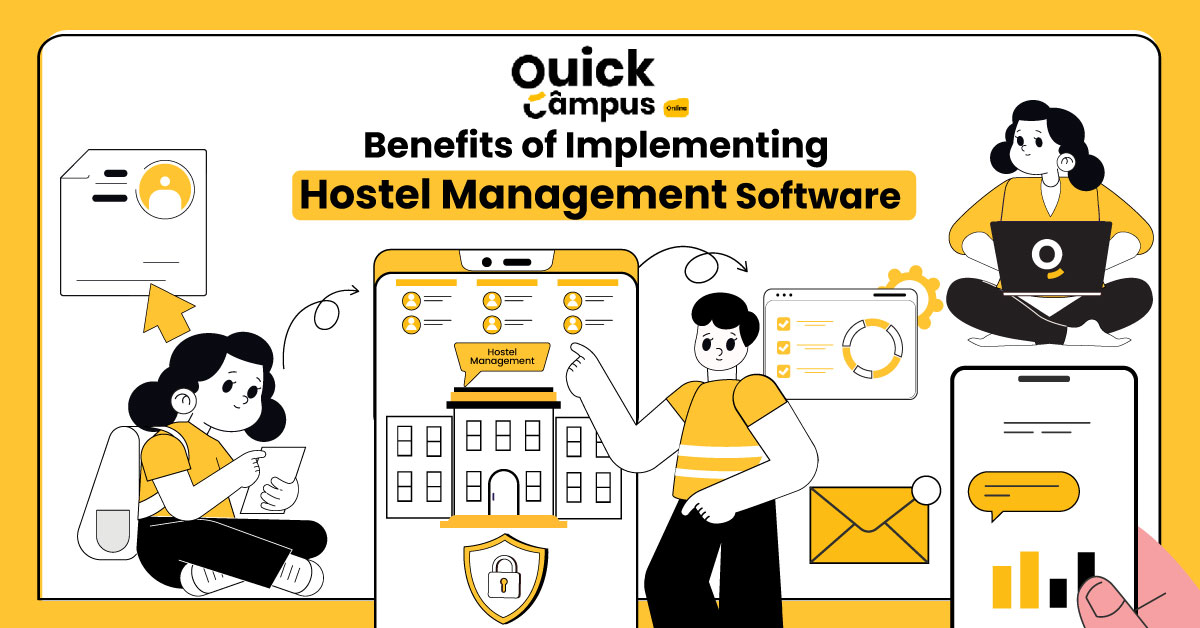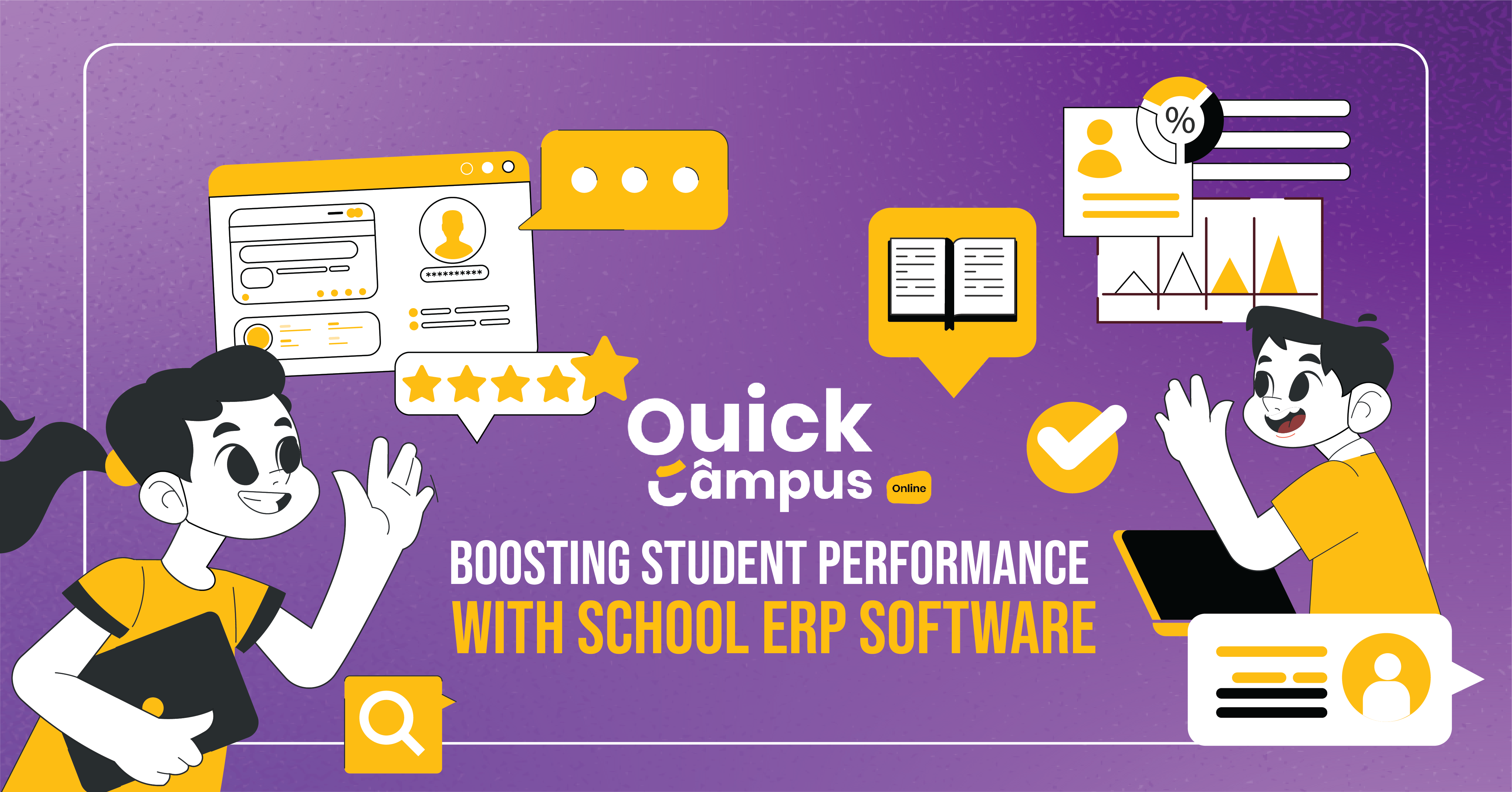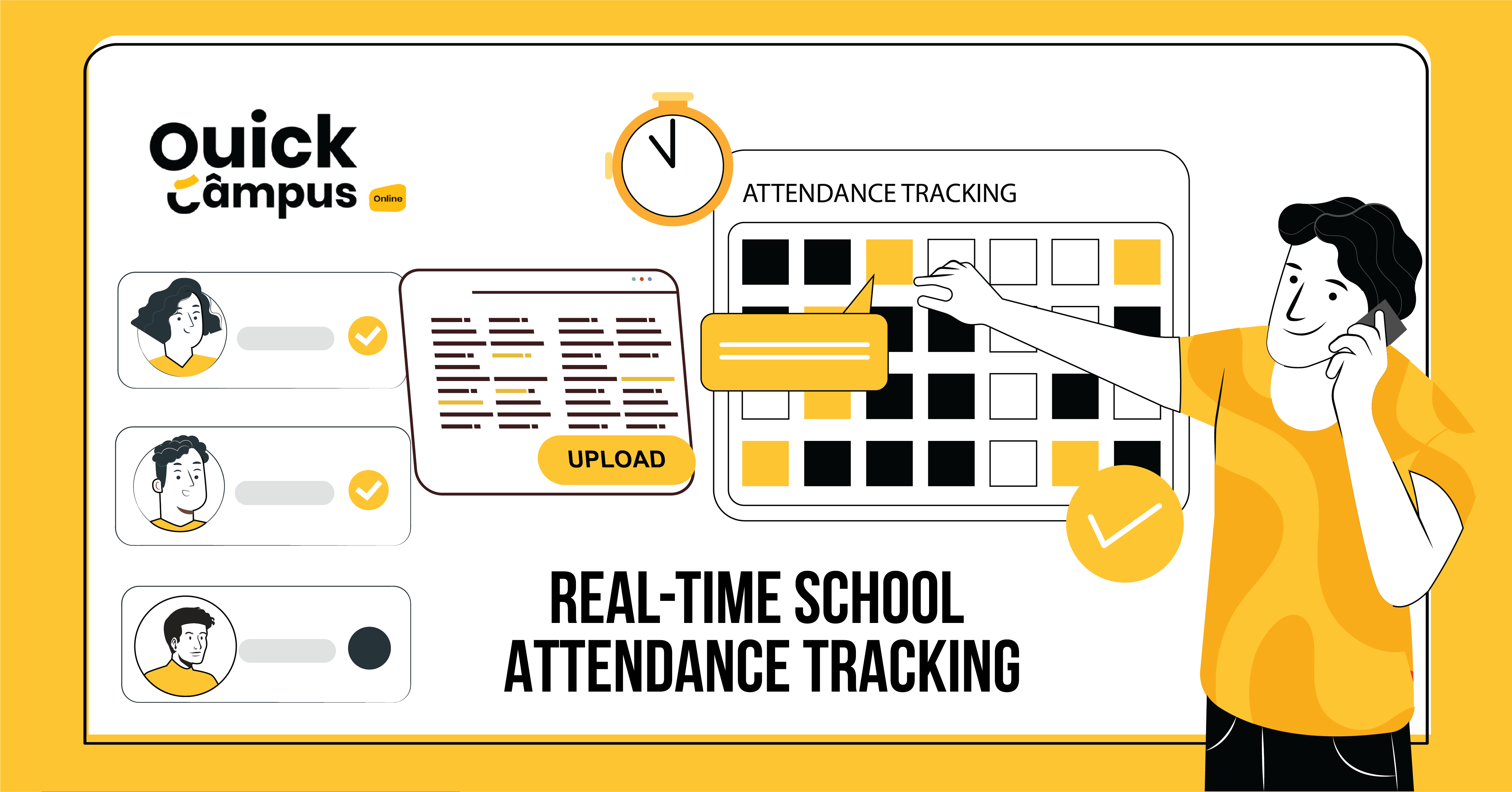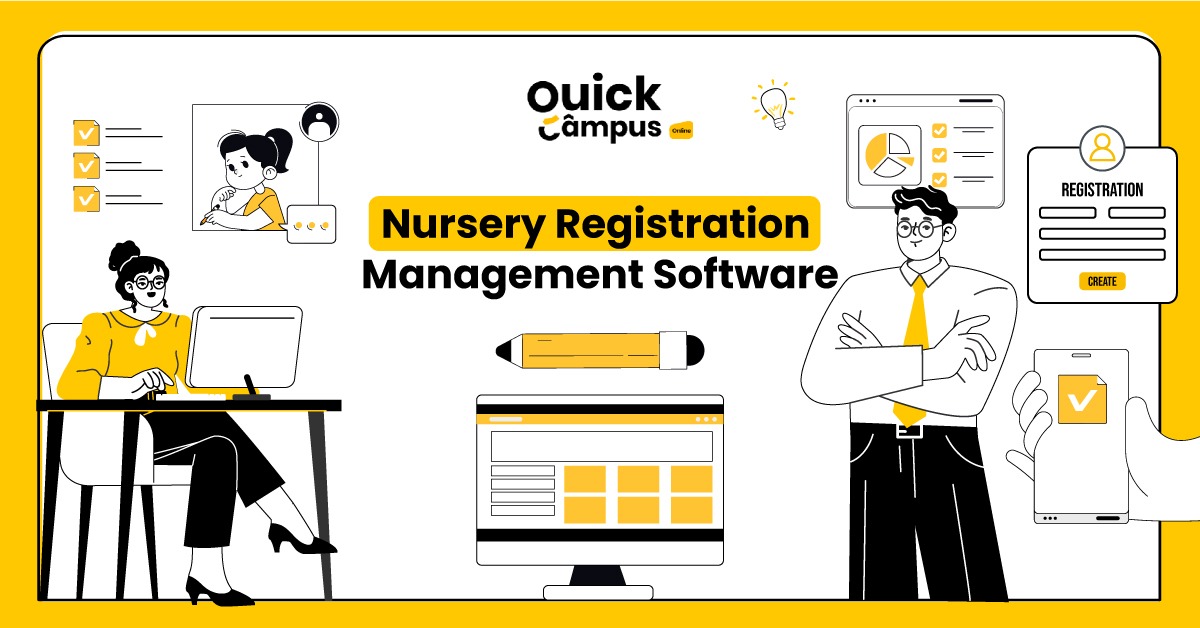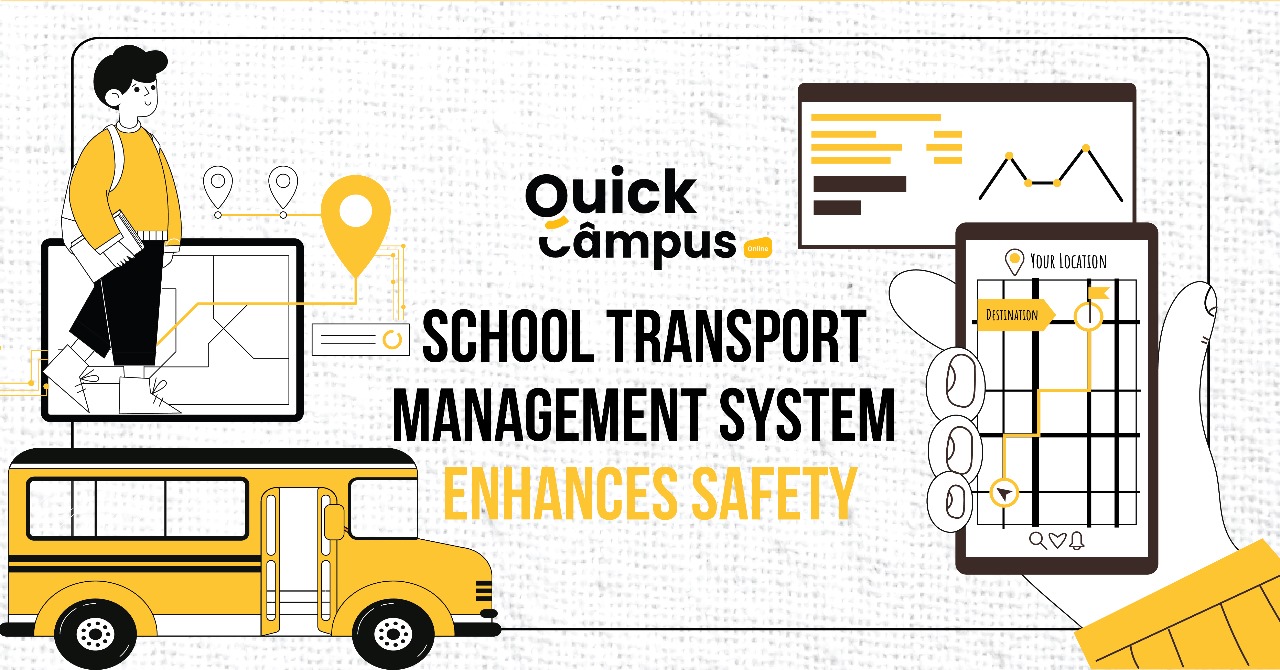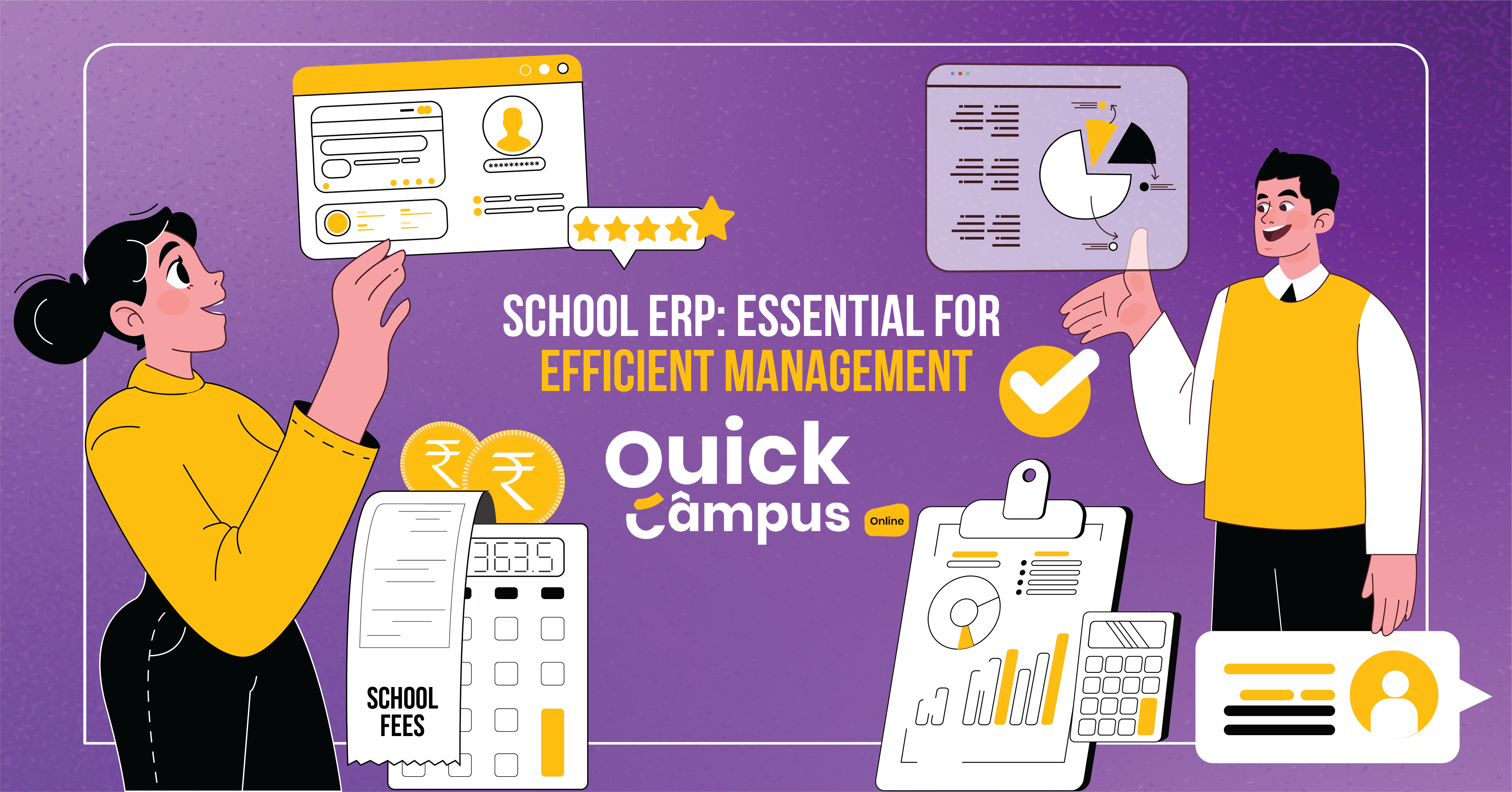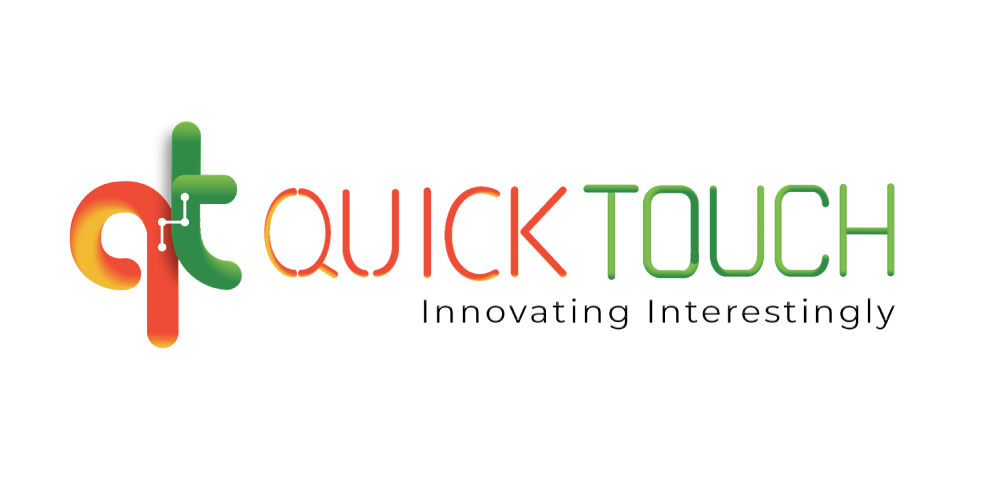Can AI Personalize Learning and Improve Student Outcomes?
Artificial Intelligence (AI) is transforming the world around us, and education is no exception. Educators are always looking for ways to improve the quality of education and personalize learning for students. AI is a powerful tool that can help in this regard. With AI, educators can tailor education to meet individual student needs and improve outcomes. In this article, we will explore the impact of AI on education and how it can personalize learning to improve student outcomes.
AI and Personalized Learning
Personalized learning is an educational approach that tailors instruction to meet the specific needs of individual students. With the help of AI, educators can collect and analyze data on student learning styles, preferences, strengths, and weaknesses. This data helps create customized learning experiences for each student. Through personalized education, students are more engaged and motivated and achieve better outcomes.
AI can also help educators identify students struggling with particular concepts and provide them with additional support. It can provide instant feedback and remediation to students when they need it most. This allows students to progress at their own pace without feeling held back or rushed.
AI-powered Adaptive Learning
Adaptive learning is another educational approach that uses technology to adjust instruction based on a student’s performance. AI can create personalized learning paths that cater to individual student needs, meaning that the content and difficulty of the curriculum are automatically adjusted to match the level of the student.
Adaptive learning using AI can identify gaps in a student’s knowledge and provide targeted resources to help them improve. This approach can also help educators identify students who perform well and provide them with more challenging content.
AI and Student Engagement
Student engagement is a critical factor in education. Students engaged in learning are more likely to succeed and have better outcomes. AI can help to increase student engagement by providing a personalized learning experience. AI can analyze students’ interests and preferences and provide them with learning materials that are more engaging and relevant.
AI can also provide students with real-time feedback, which can be more engaging and motivating than traditional forms of assessment. By providing students with feedback tailored to their learning needs, AI can help keep them on track and motivated.
AI and Teacher Support
AI can also support teachers in the classroom. By automating routine tasks such as grading, scheduling, and lesson planning, AI can free up teachers to focus on teaching and student engagement. AI can also provide teachers with valuable insights into student learning patterns, which can create better learning experiences.
Furthermore, AI can also provide teachers with personalized professional development. By analyzing a teacher’s strengths and weaknesses, AI can provide them with targeted open educational resources to help them improve their teaching skills.
Challenges and Concerns
While AI has the potential to revolutionize education and improve student outcomes, there are also challenges and concerns associated with its use. One concern is the potential for AI to perpetuate bias and discrimination. AI algorithms are only as good as the data they are trained on. If the data used to train AI is biased, the algorithm will produce biased results.
Another concern is the potential for AI to replace teachers. While AI can provide valuable support to teachers, it cannot replace the human connection essential to effective teaching and learning. AI should be a tool to support teachers, not replace them.
Conclusion
AI has the potential to revolutionize education and improve student outcomes by providing personalized learning experiences that cater to individual student needs. AI can also support teachers by automating routine tasks and providing valuable insights into student learning patterns. However, there are also concerns and challenges associated with leveraging AI in education, such as the potential for bias and discrimination. It is essential that AI is used ethically and responsibly, and seen as a tool to navigate any potential harm to the learners or teachers.

